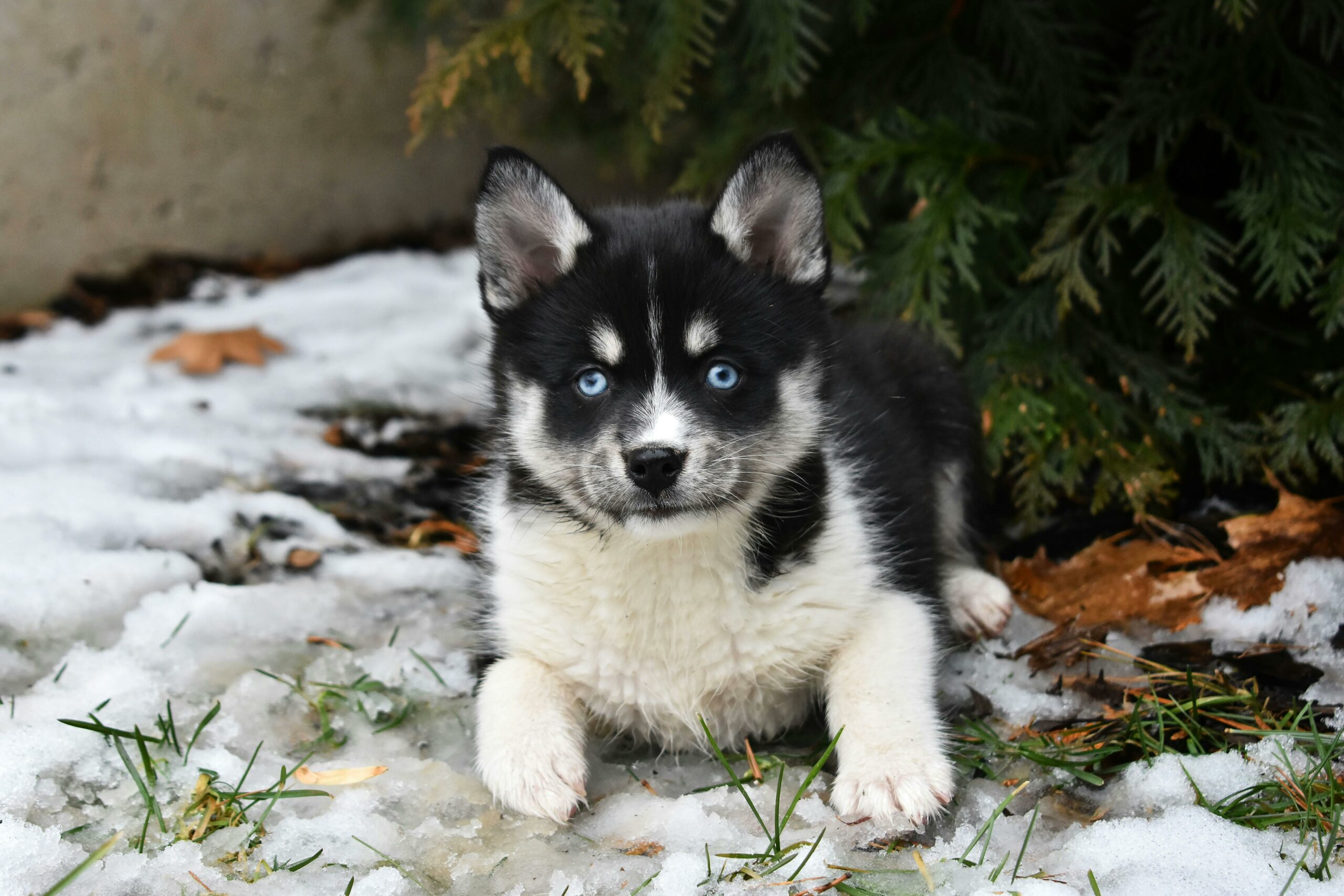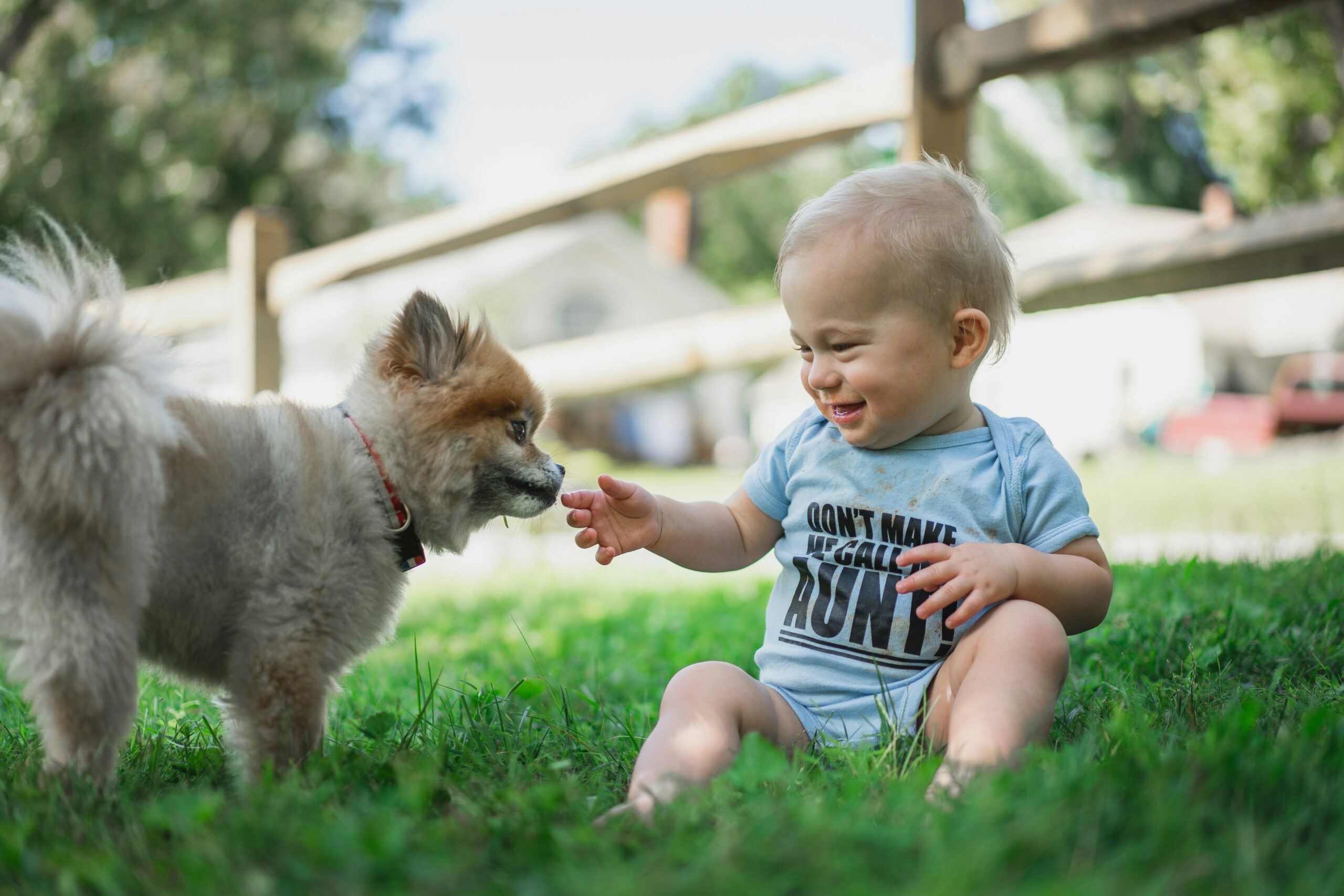When looking to bring a new furry friend into your life, it’s crucial to choose a responsible and ethical breeder. Unfortunately, not all breeders operate with the best interests of the animals at heart.
Backyard breeders, in particular, are known for their questionable practices and lack of regard for the well-being of the animals they produce. But how do you avoid backyard breeders? Here are five red flags to watch out for.
Lack of Proper Documentation
One of the primary red flags associated with backyard breeders is the absence of proper documentation for their breeding operations. Reputable breeders maintain meticulous records of their breeding dogs, including health certifications, lineage information, and registration papers from recognized kennel clubs. These documents provide transparency and assurance that the breeder is dedicated to breeding healthy and well-tempered animals.
Backyard breeders, on the other hand, often lack such documentation. They may not have proof of health clearances for the breeding dogs, making it challenging to verify the overall health and genetic history of the puppies they produce. Additionally, they may sell puppies without any registration papers, limiting your ability to confirm the breed’s authenticity. This lack of documentation should raise a significant concern when considering a breeder.
As pet owners, we want our furry friends to be in the best health. We want to provide all their needs, like providing them with Black Hawk pet food and getting all the necessary vaccines. However, puppies from backyard breeders, although they may seem healthy at first, are bound to develop congenital defects that may lead to future heartbreak.
Frequent Litters and Multiple Breeds
Reputable breeders typically have a limited number of litters each year and specialize in one or a few specific breeds. This focused approach allows them to have an in-depth understanding of their chosen breed’s characteristics, health issues, and ideal living conditions.
In contrast, backyard breeders often prioritize quantity over quality, aiming to produce as many puppies as possible for profit. They may have multiple breeds available, indicating a lack of expertise and dedication to any particular breed’s welfare. Frequent breeding can also strain the health of their breeding dogs. Hence, responsible breeders adhere to ethical breeding practices that prioritize the well-being of the animals.
Moreover, backyard breeders may not provide adequate care and socialization for the puppies, which can lead to behavior and health issues later in life. It’s crucial to be cautious when encountering breeders who seem to have an endless supply of puppies or offer a wide range of breeds for sale. This is often a strong indication that they are not operating with the best interests of the animals in mind.
Poor Living Conditions
One of the most distressing indicators of a backyard breeder is the substandard living conditions in which the breeding dogs and puppies are kept. Responsible breeders prioritize the comfort and well-being of their dogs, ensuring that they live in clean, safe, and spacious environments. This includes access to proper shelter, exercise areas, and social interaction.
However, backyard breeders often cut corners when it comes to providing adequate living conditions. Dogs may be confined to small, unsanitary spaces without proper shelter from the elements. Overcrowded and filthy conditions can lead to health issues, behavioral problems, and a lower quality of life for the animals involved.
So, when visiting a breeder, pay close attention to the environment in which the dogs are kept. Are they living in clean, well-maintained areas with access to fresh water and appropriate food? Are the puppies socialized and accustomed to human interaction, or do they seem fearful and unsocialized?
Lack of Health Guarantees
As mentioned, backyard breeders may not offer any health guarantees or may be vague about the health status of their puppies. This lack of transparency can leave buyers with unexpected veterinary bills and heartache if their new pet develops health issues shortly after purchase.
Responsible breeders take measures to minimize the risk of genetic disorders by conducting health screenings on their breeding dogs and being upfront about any known health concerns within the breed. They are also dedicated to producing healthy puppies and often provide health guarantees to buyers.
These guarantees typically include assurances that the puppy is free from genetic disorders and has received necessary vaccinations and veterinary care. Such guarantees demonstrate the breeder’s responsibility and accountability for the well-being of their puppies.
In addition, reputable breeders are often willing to take back or assist with rehoming a dog if unforeseen circumstances prevent the buyer from keeping the pet. Backyard breeders may not provide such support, leaving buyers and their pets in difficult situations if issues arise.
By being vigilant about health guarantees and breeder support, you can ensure that you are dealing with a responsible breeder who prioritizes the well-being of the animals they produce.
Reluctance to Answer Questions
Responsible breeders are passionate about their chosen breed and willingly engage in discussions about their breeding practices, the breed’s history, and the specific needs of their puppies. They encourage potential buyers to ask questions and are eager to provide information to ensure a good match between the puppy and its new family.
However, backyard breeders may be evasive or reluctant to answer questions about their breeding practices or the dogs they are selling. They may provide vague or inconsistent information, making it challenging to make an informed decision. This lack of transparency is a major red flag and should prompt you to reconsider your choice of breeder.
Takeaway
Recognizing the red flags associated with backyard breeders is crucial for making responsible and ethical choices when adding a new dog to your family. By being informed and vigilant, you can contribute to the welfare of animals and ensure that your new furry companion comes from a reputable source that prioritizes the health and happiness of their dogs.
Photo credit: Photo by Helena Lopes: https://www.pexels.com/photo/shallow-focus-photo-of-short-coated-black-puppy-head-1790445/
Did you find this city dog content helpful? Share it with a friend or link it to social media. Enjoy short clips of silly dogs? Best dog training videos? Holistic puppy training tips? Follow us on instagram @nydognanny or on YouTube at nydognanny. Have some news you needs to get to dog and cat parents stat? Email info@newyorkdognanny.com with your article pitch.




